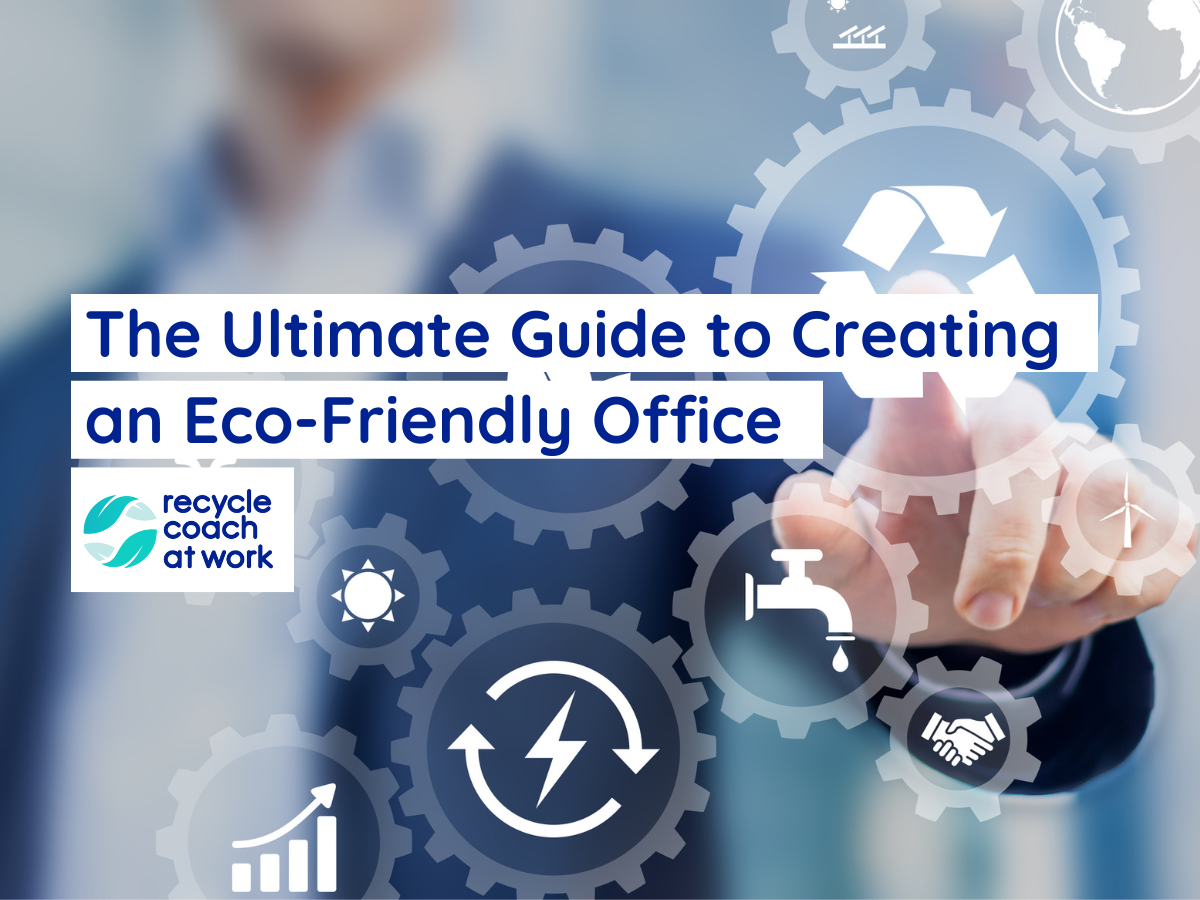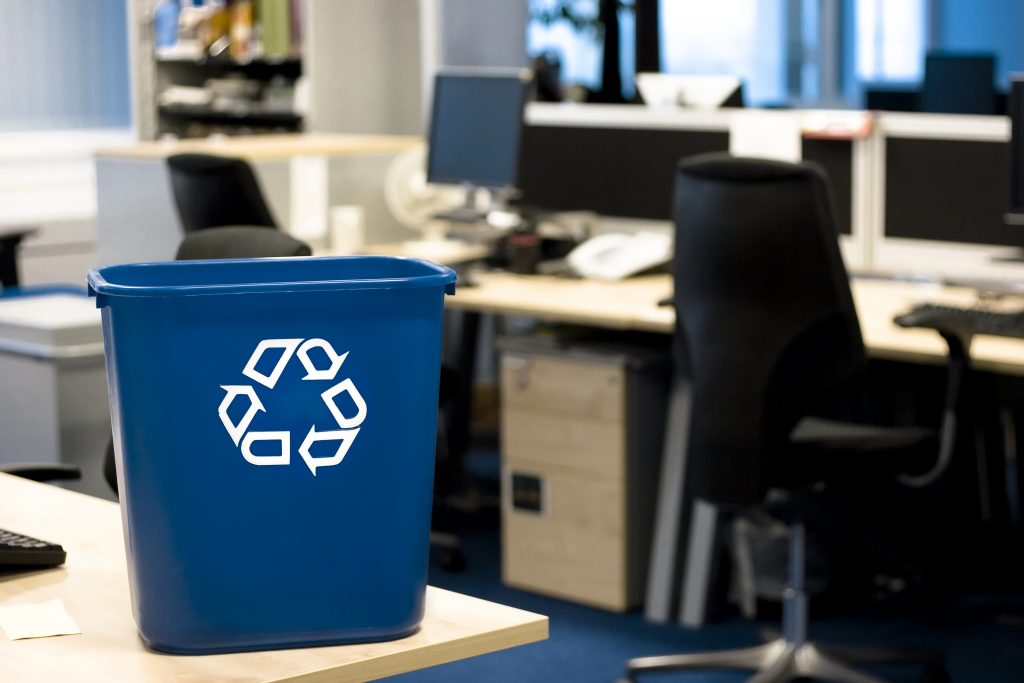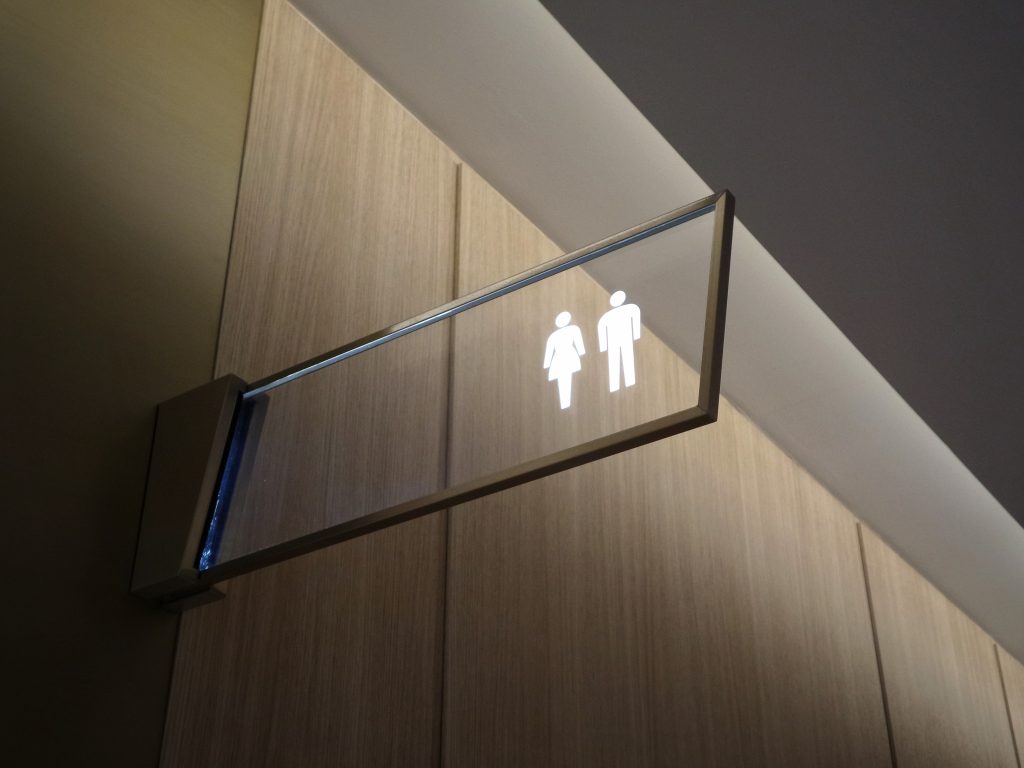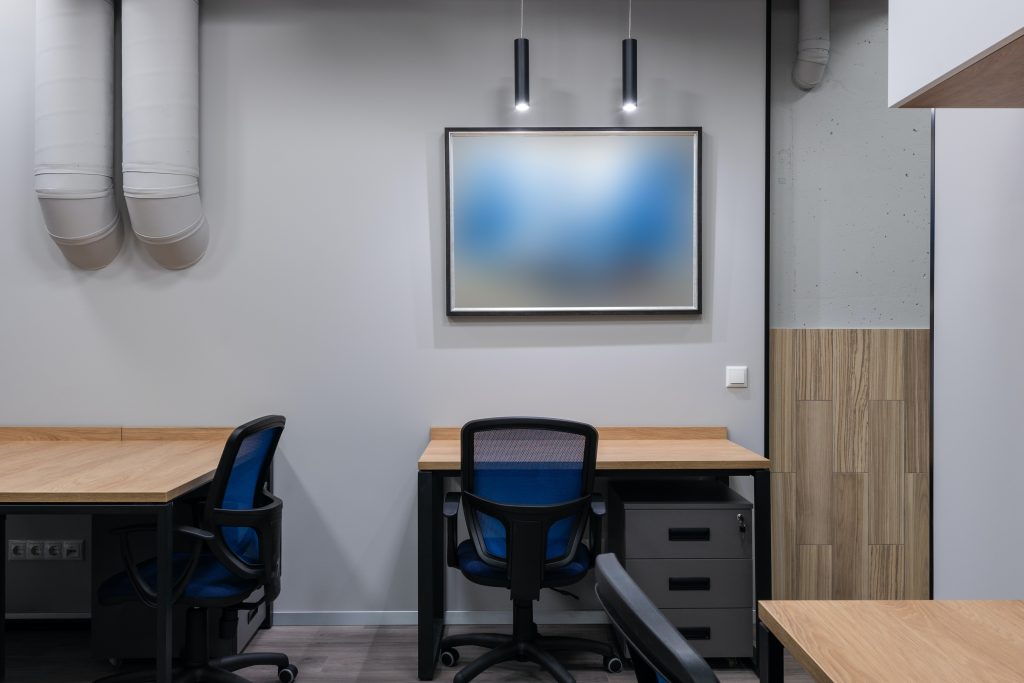The Ultimate Guide to Creating an Eco-Friendly Office

By now, we all know what’s at stake. And the fact that you’ve found this article shows you’re willing to start making positive changes. We’re so happy to see you.
So getting right to the point, we have a concise guide to creating an eco-friendly office space. The actionable examples are ready to be implemented right now!
Some are technology-related, and some are tips for team members. This two-pronged attack is crucial for any office that wants to get serious about being eco-friendly.
Recycling

As a society, we’re slowly coming around to recycling, but there’s a long way to go. A great place to start is to download the Recycle Coach app and use the What Goes Where search tool to sort your waste.
Part of effective recycling is about education. None of us is perfect, or born experts and the will to learn is the most important thing we have in this fight.
For starters, you can help your team by putting a paper recycling bin by the printer and a general recycling bin in the staff room. Of course, they have to be emptied regularly because overflowing containers are not a pretty sight. To ramp it up to the next level, you should have a way to recycle office e-waste through programs such as Call2Recycle.
Office Supplies

With more and more of daily life moving online, you’ll find your stationary usage going down all the time.
Looking out for post-consumer products is easier and cheaper than ever. You can even do it with style, with a refillable pen.
After that, recycling office supplies is a must. The thing is, aside from paper, most office supplies aren’t recyclable. So ideally, look for natural products where you can like natural erasers and plantable pencils, as well as ditching certain products that don’t have eco-friendly alternatives, such as rubber bands.
Bathrooms

Bathrooms are a space where you can really make some eco-friendly changes to your office. And just as well, because they are essential.
To optimize waste reduction, offices should replace paper towels with cloth towels or energy efficient hand drying machines. And while stocking up on cleaning products, make sure to provide eco-friendly materials.
Taps are somewhere you can make meaningful investments too. For example, motion sensors will solve the case of an accidental running tap. You can also invest in low-flow faucet aerators to reduce the flow of water.
If that’s not viable for your office, what about a sign that reminds team members to fully shut the taps after usage?
Heating and Cooling
Unfortunately, the weather is more foe than friend when it comes to your eco-friendly efforts.
You can optimise the efficiency of your heating and cooling systems by just having regular check-ups for your amenities.
What’s more, you can cheaply minimise heat loss with weather stripping and caulking for windows and doors. And if you don’t already have double-glazed windows, they’re a superb investment.
Printers
The most effective way to go about energy-efficient printing is to simply go paperless. Why? Because communications and operations in the modern-day office can very easily be done electronically.
If printing is necessary, there should be an active policy to only print when it is essential, print on both sides, use recycled paper, use eco-print modes, and refillable ink cartridges.
All Things Food

When the battle against climate change started decades ago, the conflict was exclusively against the fossil fuel industry. Nowadays, we’re more educated; we know only too well that food consumption is also a considerable threat.
Your team can get off to a great start by ditching the disposable cutlery. So bring in your favourite mug, and start using proper glasses, dishes and cutlery.
And who are we without a coffee break? Ideally, get a hold of a coffee maker that doesn’t use filters. If that can’t be helped, use reusable ones.
Breaking this down further, you could encourage your team to eat more eco-responsibly with food challenges. If you have snacks provided in the office, go for vegan or vegetarian options sometimes. If your office has catering or a canteen, give your colleagues the choice of eating something more sustainable on the menu.
Lighting
So turning all the lights out in the office after everyone leaves will save you money and reduce your carbon footprint. This might be easier said than done as sometimes a security policy will require the lights to be on.
Regardless of which side of that argument you fall on, there are still ways to be more energy efficient in the light department. Firstly, you can opt to use compact fluorescent lamps (CFLs) or LED bulbs instead of traditional incandescent bulbs. These newer lights use 75% less energy than standard incandescent light bulbs while delivering the same light output.
And secondly, the truth is, we’re a forgetful species. Remembering to turn off lights is easier said than done for a sizable portion of the population. But thankfully, for us, the motion-activated light switch exists.
This is great for conference rooms, meeting spaces, bathrooms, and so on that are not connected to the primary office space because they’re not used as much.
Computers
Technology gets more energy efficient all the time. So updating your hardware might cost a pretty penny, but it’s worth it for true eco-friendliness.
And if that’s something you’re interested in pursuing, you can donate your old equipment to charity, a recycling facility, or sell them to recoup the investment in your new equipment.
And for everyday use with your current equipment, take the time to turn things off when they’re not in use. Change settings so that the kit puts itself in standby mode when it’s not being used. And when you are using things, turn down the brightness, and turn off functions like Bluetooth and WiFi when not in use.
Renewable Energy Sources
Now more than ever, solar power is a feasible option: the price of purchase and installation has dropped in recent years, it will reduce your energy bills, boost the value of your property, and if effective enough, could allow you to sell energy back to the grid. If your office isn’t compatible with solar panels, you can still source renewable energy off-site through the growing use of wind, tide and solar farms.
Last-Minute Tips

Historically, when it came to corporate office spaces, the maxim was: the bigger, the better. But in the age of eco-friendliness, it just doesn’t make sense. This is particularly relevant in a time when more and more people are working from home.
You’ll find going forward that people are more and more interested in the idea of a sharing economy. At Spacehuntr our office is a coworking space. It’s convenient with our size, cost-effective, and most importantly, it’s an environmentally effective way of sharing resources.
To expand on this, our CEO Dietrich Moens said, “we realised that by moving to a hybrid work model, we didn’t need the office capacity we were using. To combat this and to continue our eco-friendly work model, we have done two things. Firstly we’ve adopted smaller satellite offices and have implemented a structure for remote ecological workers that mimics our existing eco-friendly incentives.”
And speaking of incentives… Yes, your team will be motivated to build an eco-friendly office for eco-friendliness sake. But if you want to up the ante, why not introduce a monthly competition to proceedings? Want to up it further? Offer prizes!
And finally, having plants is great for offices. They offset carbon emissions, they’re good for worker wellbeing, and plus, they look lovely too!
Wrapping up
If there’s a conclusion to be made here, it’s that technology alone can’t solve the planet’s environmental challenges.
Yes, technology will help make huge inroads into making our offices sustainable, but it also requires a willing team pulling in the right direction.
We hope you’ve come away with some great new ideas for your own office, and if you have suggestions, don’t be shy. Share them with us!
Author Bio
Harry is the creative content manager at Spacehuntr. As well as promoting a culture of learning when it comes to eco-friendly activities with his colleagues, he loves the opportunity to write eco-friendly content advice for the events industry.